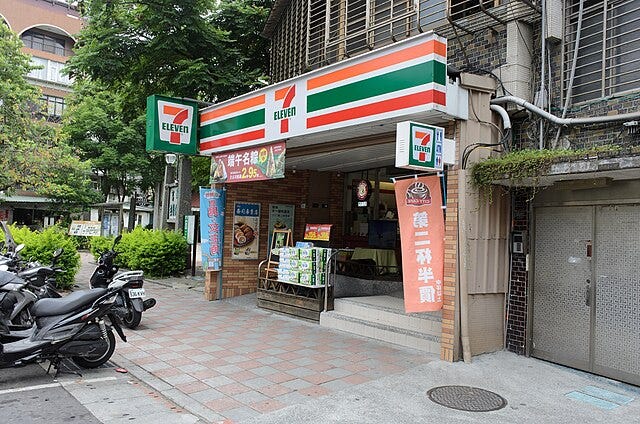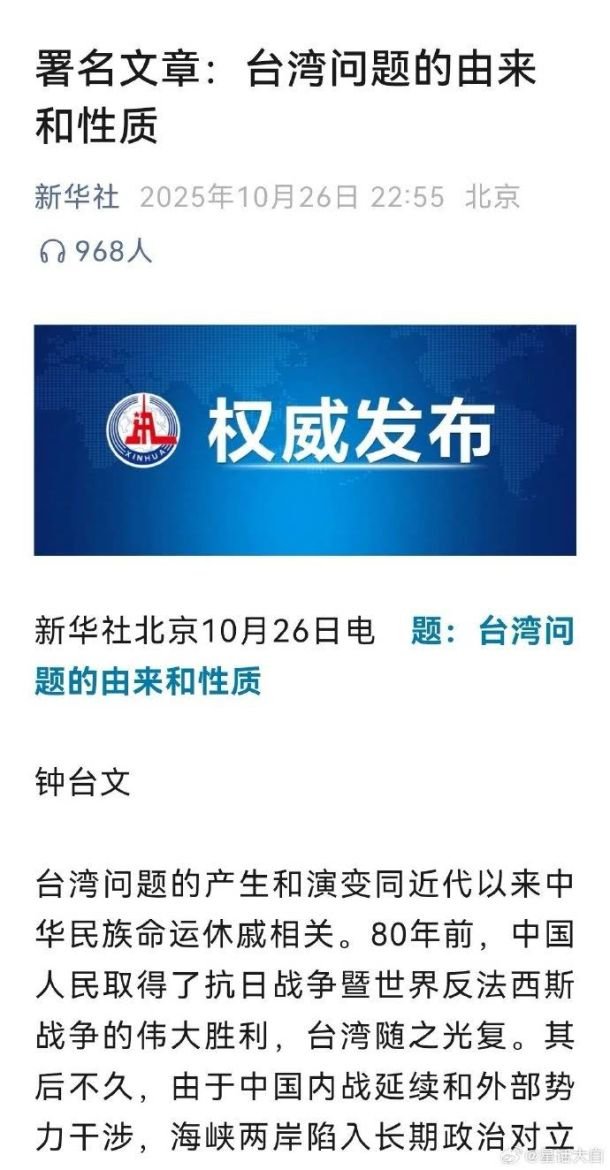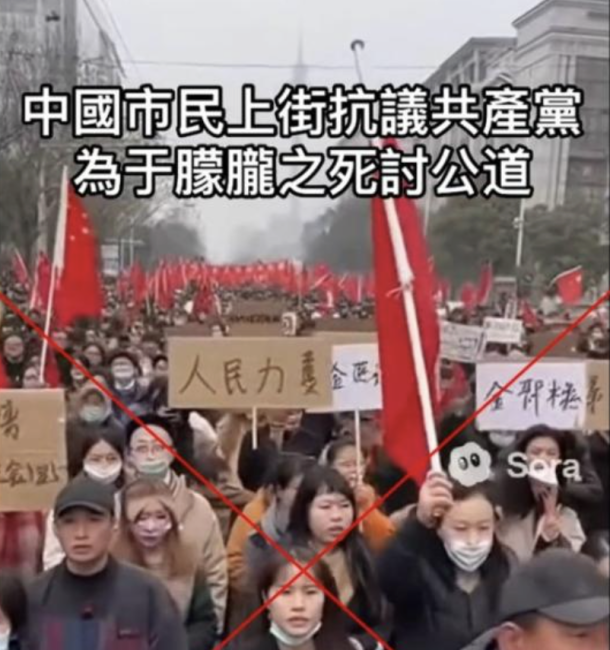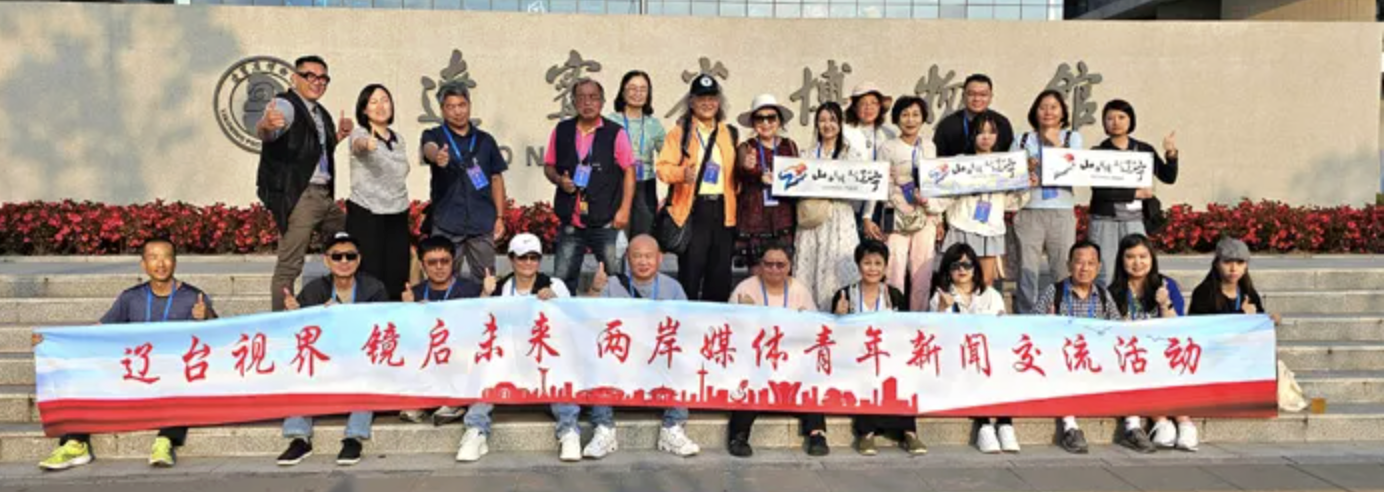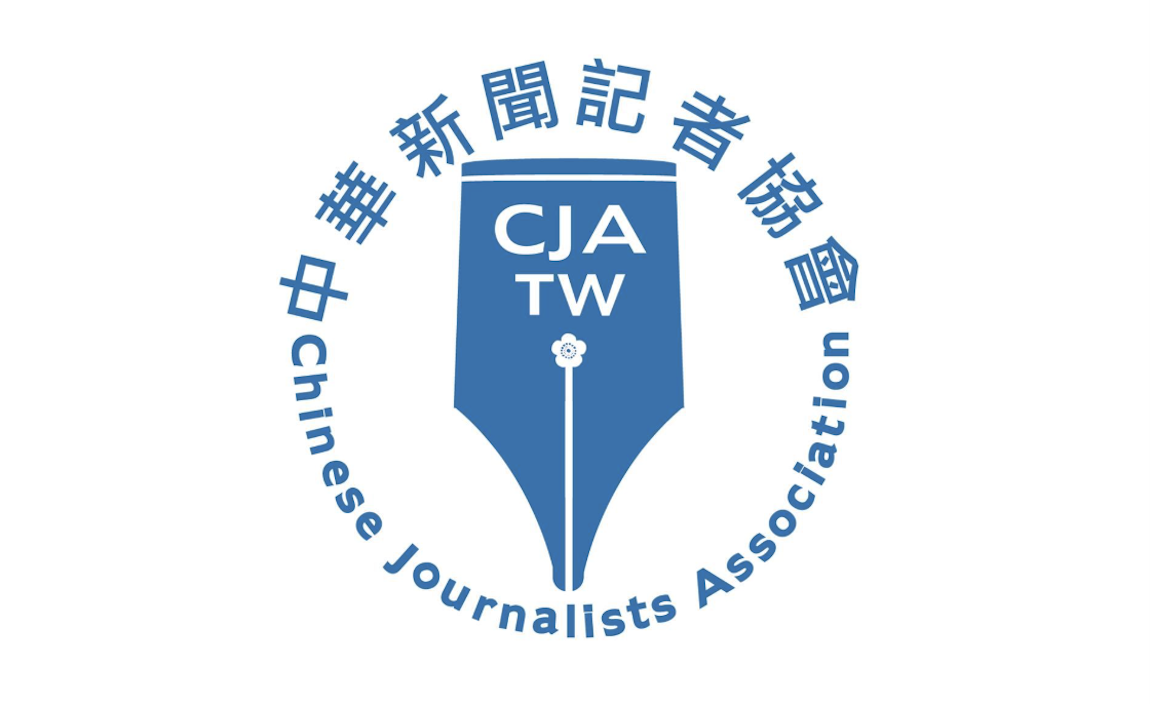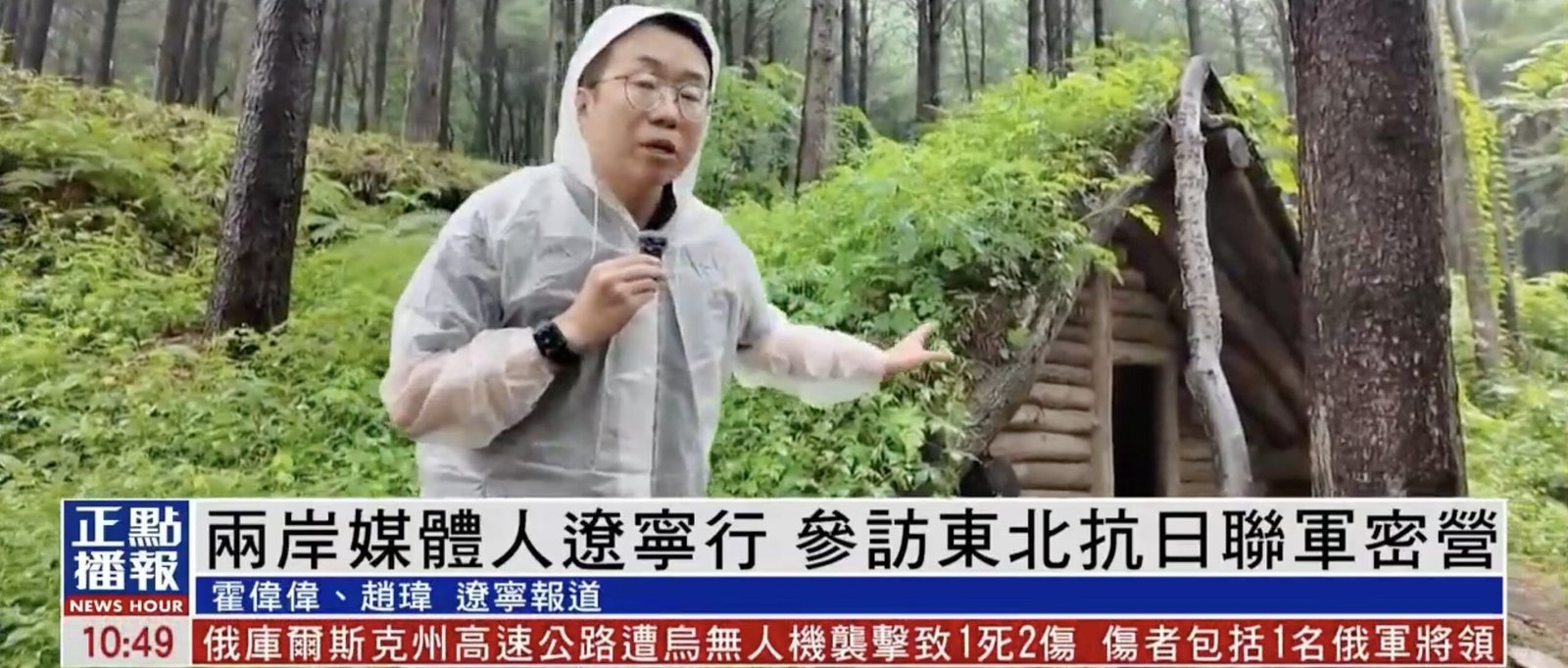Convenience in the Conflict Zone

Taiwan’s extensive network of 13,000 convenience stores has emerged as a surprising element in the country’s emergency planning against Chinese aggression, following reporting in The Guardian that revealed plans from a cabinet-level committee to transform these ubiquitous retail outlets into wartime community hubs. “We must prepare for the worst scenario,” one defense official told the British newspaper. Block Tempo (動區動趨), an online blockchain-based outlet, details how these ubiquitous retailers could distribute emergency rations and medical supplies, and provide Wi-Fi hotspots during a conflict. The pro-China leaning China Times (中國時報) reports that the stores would serve as community support centers where citizens could receive rationed supplies when transportation systems are compromised through the retailers’ own logistics networks. Taiwan’s Central News Agency (中央通訊社) notes that this idea is among numerous scenarios being considered by President Lai Ching-te’s 27-member team, which comprises senior cabinet members, national security ministers, NGO representatives, and figures from the business and religious communities.
